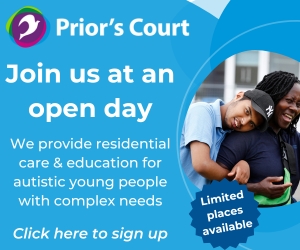Acquired brain injury (ABI) is brain damage that has been caused by events after birth - as opposed to a brain injury that is part of a genetic or congenital disorder. ABI can result from either traumatic or non-traumatic brain injury. Traumatic brain injury is usually a physical trauma caused by an accident, injury or perhaps surgery. Non-traumatic brain injury is an injury with a non-physical cause for example a brain tumor, infection, poisoning or stroke.
ABI can cause a wide range of problems including physical, cognitive, emotional or behavioural impairments. A brain injury can be very complex, with dramatically varied effects from person to person. Some may be able to make significant improvements in recovery, while others are not able to recover from injury much at all. Some may be able to live a relatively normal life with little support, while others will need continuous help and support. An ABI often requires a major life adjustment not just for the person with the injury but also for their family.
As well as physical problems resulting from ABI it is important to consider the emotional impact. Many people with ABI will suffer depression as well as other emotional difficulties such as struggling to cope with anger, issues with self-control or perhaps issues with problem solving. There are also psychosocial concerns such as social anxiety, loneliness and low self-esteem.
Some organisations that can offer advice and support:
Headway





